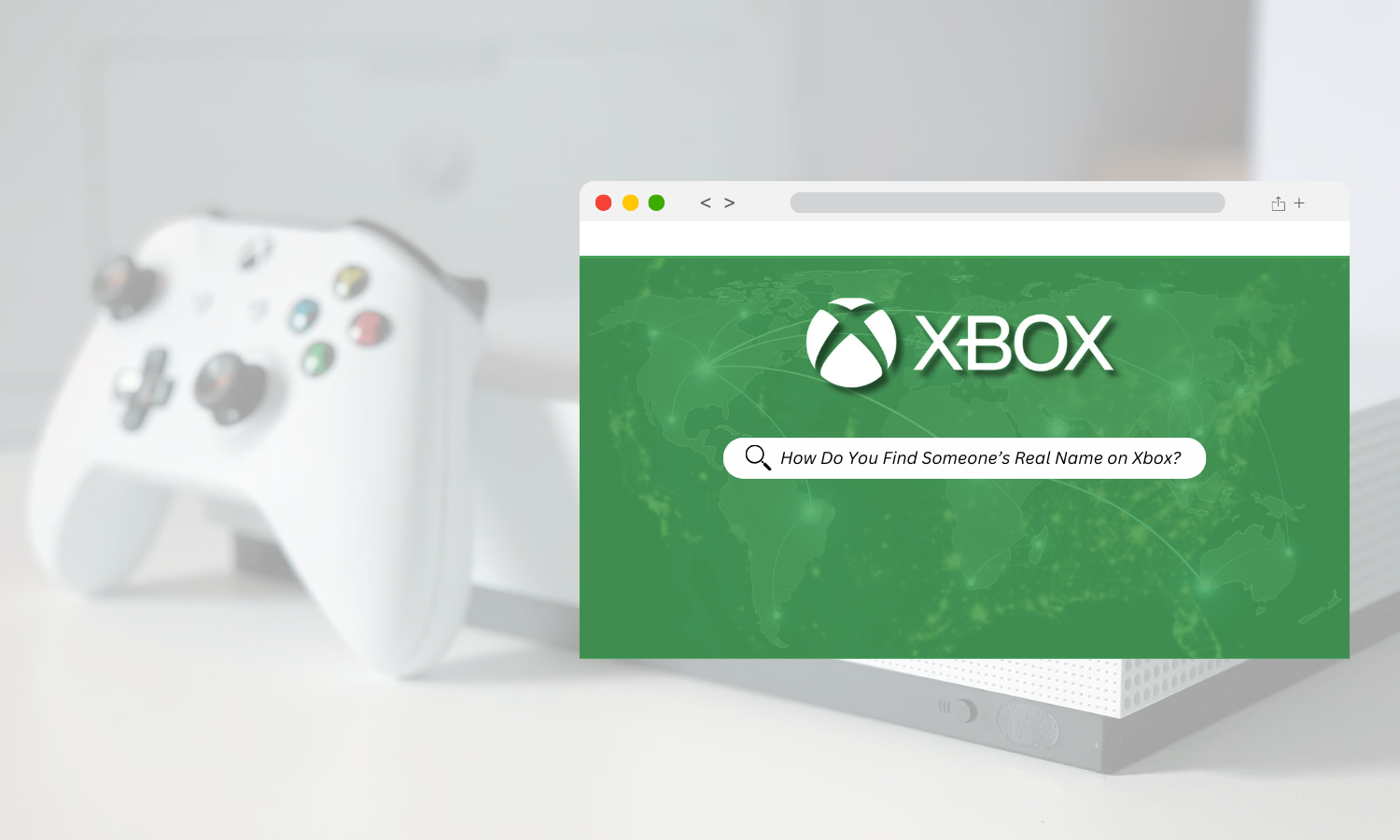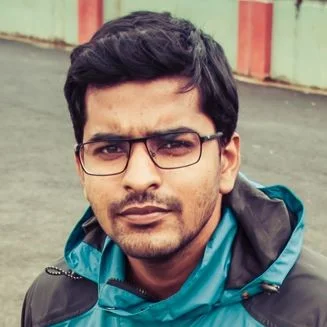

Updated · Jan 10, 2024
Updated · Aug 21, 2023
Harsha Kiran is the founder and innovator of Techjury.net. He started it as a personal passion proje... | See full bio
Lorie is an English Language and Literature graduate passionate about writing, research, and learnin... | See full bio
The internet has long been considered a basic human right. With its broad nature, countries have adopted internet censorship to make it a safer place.
Governments or organizations censor particular content to meet societal norms, but some implement them for other reasons. Although it is more stringent in authoritarian states, it can happen to anyone, anywhere in the world – in the most remote places, at school, at work, and even at home.
This is what the state of internet censorship is like around the world. Read on.
|
🔑 Key Takeaways:
|
If you’re looking for a short and fast answer to what internet censorship looks like on a global scale, the answer is not good.
To start, only 18% of the worldwide online population had total internet freedom in 2022, affecting the global economy more than it should. In 2021, internet bans cost the world about $5.5 billion.
While 64% of internet users on a global scale worry about government censorship, it is still very much implemented. This concern springs from the universal human right to freedom of expression.
Similarly, it controls what content people can access, violating the right to seek news and information. Censorship violates international regulations with its severe restrictions.
The most common types of content blocked when there is censorship in place include:
These censorships can also be in the form of blocked websites or restricted access to specific keywords to keep you from accessing content they think is “inappropriate.”
|
✅ Pro Tip Many people get around blocked sites to access content not governed by copyright laws simply by knowing their IP address and choosing a top VPN service. |
Let’s dig further into internet censorship in different parts of the world.
Saudi Arabia has had a reputation for internet censorship since it allowed the public to access the Internet in 1999.
Fortunately, they do not implement laws banning the use of VPNs, just like most Middle East countries. In fact, Saudi Arabia is one of the countries with the highest VPN usage rate, with around 44% on average.
They impose censorship to look for any attempt at criticism against the government. One of their strictest laws punishes anyone who spreads “atheism.”
Although 97.9% of the country’s citizens have internet access, they don’t have total online freedom.
Bloggers in Saudi Arabia are subject to a license and certain restrictions and guidelines on what to and not to publish. Violation will result in revoking their license or shutting down their website.
The country also practices state censorship by banning top-level security network browsers.
The case of Salma al-Shehab says a lot about the laws governing censorship in Saudi Arabia. She was sentenced to 34 years in prison for simply “following and retweeting dissidents and activists” on Twitter.
|
Thinking today of the thousands of political prisoners unable to be with their families on this day. People like Salman al-Odah, Abdulhadi al-Khawaja, Salma al-Shehab, Ahmed Mansoor and so many others who have been unjustly imprisoned. #FreeThemAll #EidAlFitr pic.twitter.com/VCJ7FYrdEv — Daniel Wickham (@DanielWickham93) April 21, 2023 |
Of Twitter’s 436 million monthly active users, what are the chances, huh?
This Southeast Asian country restricts social media and censors political media. Their 1997 Constitution guaranteed the “freedom of speech,” but the Thai government imposed censorship.
With the prevalence of “political instability” in the country, their government has increased mass surveillance on the internet to prevent protests. As a result, freedom of speech and expression has been compromised.
This led activists, journalists, and even individual users to use VPNs to provide them with the highest level of security and privacy.
The Thai government’s strict censorship severely punishes insults directed at the monarch.
|
Thailand Protest/2 From May 2014 until July 2019, Thailand was ruled by a military junta, which partially repealed the 2007 constitution, declared martial law, banned political gatherings, arrested politicians & activists, imposed internet censorship & took control of the media. pic.twitter.com/THmqOQDjp2 — Fact Mirror (@FactMirrorr) October 19, 2020 |
Shortly after the 2020 pandemic, a 65-year-old Thai woman was arrested for criticizing the monarchy. She was sentenced to over 43 years for sharing content that condemned the royal family.
With around 5.16 billion internet users worldwide, Iran makes up one of the top most-censored countries. Most of its 84 million population has no access to the internet.
While the use of VPN serves many advantages in a lot of countries, Iran condemns this service, except when you get the government's approval.
Their social media blockage includes Twitter, Facebook, and YouTube. They also forbid pornography entirely, while the state censors and controls political media.
|
New US sanctions target Iran's Internet censorship. The sanctions are aimed at tech company Arvan Cloud and two of its co-founders for aiding the Islamic Republic in internet censorship. An affiliated UAE-based company, ArvanCloud Global Technologies, is also included in the… pic.twitter.com/tTw0aoPbI1 — Kambiz (@KambizSafaie) June 2, 2023
|
The country’s internet censorship resulted in a considerable loss. According to the Research Deputy of the Tax Affairs Organization, Iran lost 3000 rials daily from this damage. It is equivalent to Iran’s 43% of its yearly oil revenue, which is $25 billion.
China’s online censorship is on another level. When the world rejoiced over the boom of online video streaming websites like Youtube and Netflix, China slept on it.
Even the world’s most popular social media sites, like Facebook, Instagram, Twitter, and even Google services, are banned in the country.
No wonder why China ranked second in the top 10 countries with the highest number of VPN users.
China first decided to implement censorship in 2017. Citizens were to ask permission from the government before publishing news. Their histories and activities on the internet are also heavily monitored.
In 2020, China deleted over 50 billion of “harmful information” the government thinks socially and politically, endangering national security. The crackdown is part of their “clean-up” and “rectification” campaigns. While the country is strict on its online presence, many sites exist as alternatives for the West's social media apps. WeChat, one of the most popular social media sites in China, has over 1.3 billion active WeChat monthly users. More than a billion users of the app are in China.
Other social media apps in the country include Douyin (a.k.a TikTok), Weibo, and Tencent QQ. Regardless, all of these sites remain heavily monitored.
|
In March, China's internet regulator announced that it would crack down on anyone who publishes videos or posts that “deliberately manipulate sadness, incite polarization, create harmful information that damages the image of the Party." https://t.co/HL1n4fRNsq — Sui-Lee Wee 黄瑞黎 (@suilee) May 9, 2023
|
Nothing is as well-known in internet censorship as North Korea. The Internet and foreign media are wholly censored in the country, even banning VPNs. Only their political elites can access the internet relatively freely.
Even their television and radio are only allowed on North Korean-operated stations. Violating these laws can mean jail time or, worse, punishment by death.
North Koreans don’t take jokes lightly. Known for Poke-the-Bear attacks, reported NK hackers exposed confidential information from Sony Pictures as a counterattack to one of their controversial films satirically depicting their leader, Kim Jong Un. The attack cost the studio $15 million in damages.
Moreover, the North Korean government has absolute control over communications, and even international calls are blocked.
|
⚠️ Warning: Hackers are everywhere, and anyone can be a victim. Simply being careful won’t cut. Here are some ways to avoid the risk: |
If there are countries with strict internet censorship, there are also countries that are free from it. One of them is Canada.
In this country, internet access is available and affordable. They established freedom of expression and speech—offline and online. Laws protect these rights.
With an estimated 1.145 trillion MB of data being created daily, this much freedom can mean a more significant number of risks.
Recent reports in 2022 show that data breaches in the country are rising. They recorded about $5.64 million in data breach costs on average.
It’s safe to say Canada’s internet freedom is among the best, but there are still areas for improvement in their technology,
The UK has few online restrictions. This country does not censor websites, and they make social media available to most of the population.
There’s nearly a 100% record of stable internet access among its households which is affordable for its citizens. Service providers are even required to provide 10 Mbps as the minimum connection speed.
The UK also has one of the fastest and safest VPN servers in the world, known for its ever-expanding fiber-optic infrastructure.
What’s considered illegal in the UK is downloading content on the Internet that violates copyright.
Considering its amount of internet freedom, the most significant data breach case in the UK was recorded six years ago, affecting 14 million users.
If you are looking for a country that prohibits surveillance, Germany is the place for you. They only implement this when national security is at risk or threat.
Like the UK, Germany is also among the best countries for VPN locations. The country takes online security seriously while ensuring access to free speech online. This makes their population one of the 1.6 billion VPN users worldwide to enjoy online security and privacy.
While there is complete freedom on the Internet, Germany blocks illegal web pages that spread harmful content, false information, and fake news. Instead of content deletion, Germany resorts to content moderation.
|
✅ Pro Tip: If you’re from around European countries such as France, Netherlands, or Italy, it’s best to use Germany’s VPN servers. Using fully encrypted VPN servers will promise stronger online privacy protection besides your geographical location. |
This country is living in a digital era. People in Estonia have no obstacles in terms of internet access.
The country only removes content if there is a court order. Constitutional rights protect the people’s access to most information and opinions. Even journalists and publishers enjoy these rights and protection under their laws.
Estonia has an adequate budget for the Internet. Around €15 million is allotted to give rural areas better online access.
Like all else, the country also has limitations in practicing free internet access. Websites that promote illegal activities, such as gambling, are prohibited.
With their abundance of internet freedom, internet privacy and security awareness are not brushed off in the “world's first digital state.”
The Baltic country is also among the best VPN server locations in the world.
When it comes to internet liberation, Iceland ranks first. This country has had the reputation of having the best digital rights for three years now.
100% of Icelanders can use the Internet anywhere. They also made public Wi-Fi available for their people in any place.
One thing that made Iceland on the top list of internet freedom is its zero records of user rights violations. They protect freedom of speech and editorial independence in the country.
Nonetheless, the country recognizes the gaps in its online privacy after several cyberattacks in 2018 and 2019.
Offline or online hate speech is considered a criminal offense in Iceland, punishable by law for up to 2 years.
Internet censorship can be harmful and beneficial at the same time. It typically varies depending on the political context and societal norms people live in.
Below is a bird’s eye view of the positive and negative effects of internet censorship:
|
Positive effects |
|
|
Negative effects |
|
|
⏳In A Nutshell: The importance of internet censorship lies in protecting citizens and maintaining order. However, it can also be used as a tool of oppression and to assert control. You can either maintain your online privacy using layers of protection techniques or just completely remove yourself from the internet. |
Online censorship has different faces in different parts of the globe. Countries like China, Saudi Arabia, and North Korea prefer to have strict control over what their people can access. Meanwhile, some countries like Estonia and Iceland are far more lenient.
Their internet use laws go back to their respective political, cultural, and economic factors. Countries can use it to protect national security or control criticism.
Countries like the United States, the United Kingdom, France, Germany, and Italy have less strict policies.
China is the first country to have the least freedom on the Internet. They blocked even the most famous social media platforms and other websites.
Your email address will not be published.
Updated · Jan 10, 2024
Updated · Jan 09, 2024
Updated · Jan 05, 2024
Updated · Jan 03, 2024




